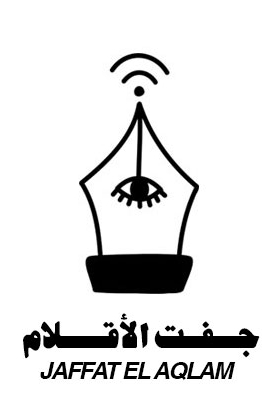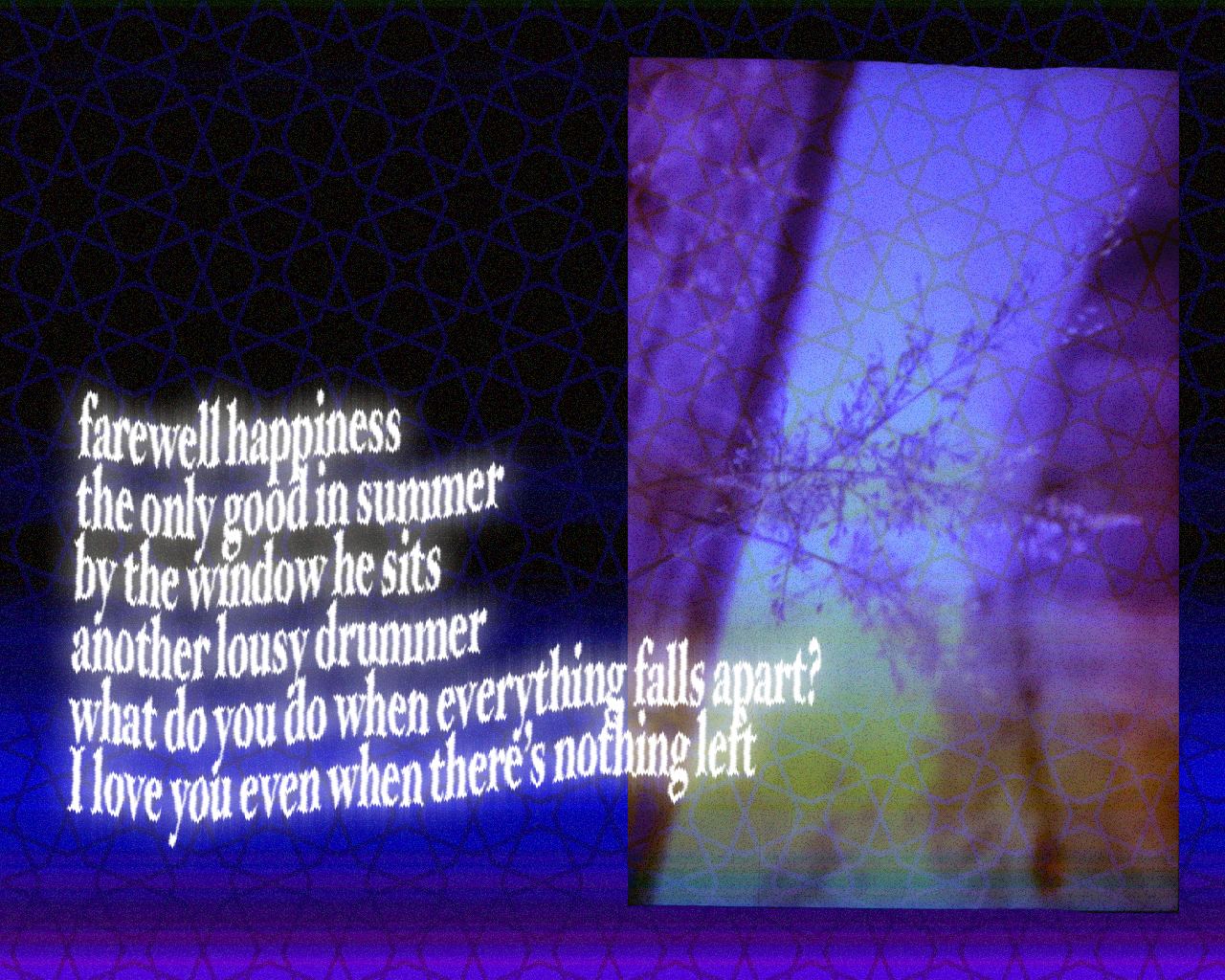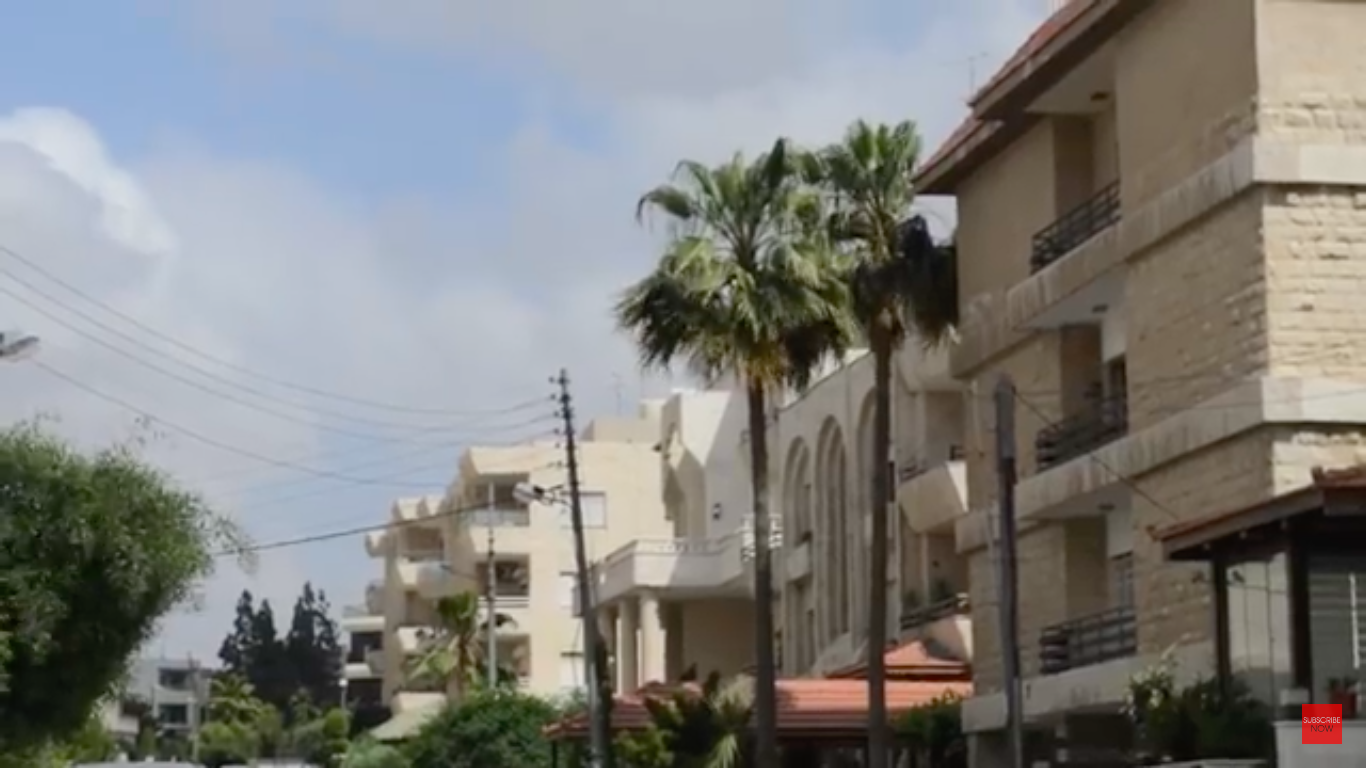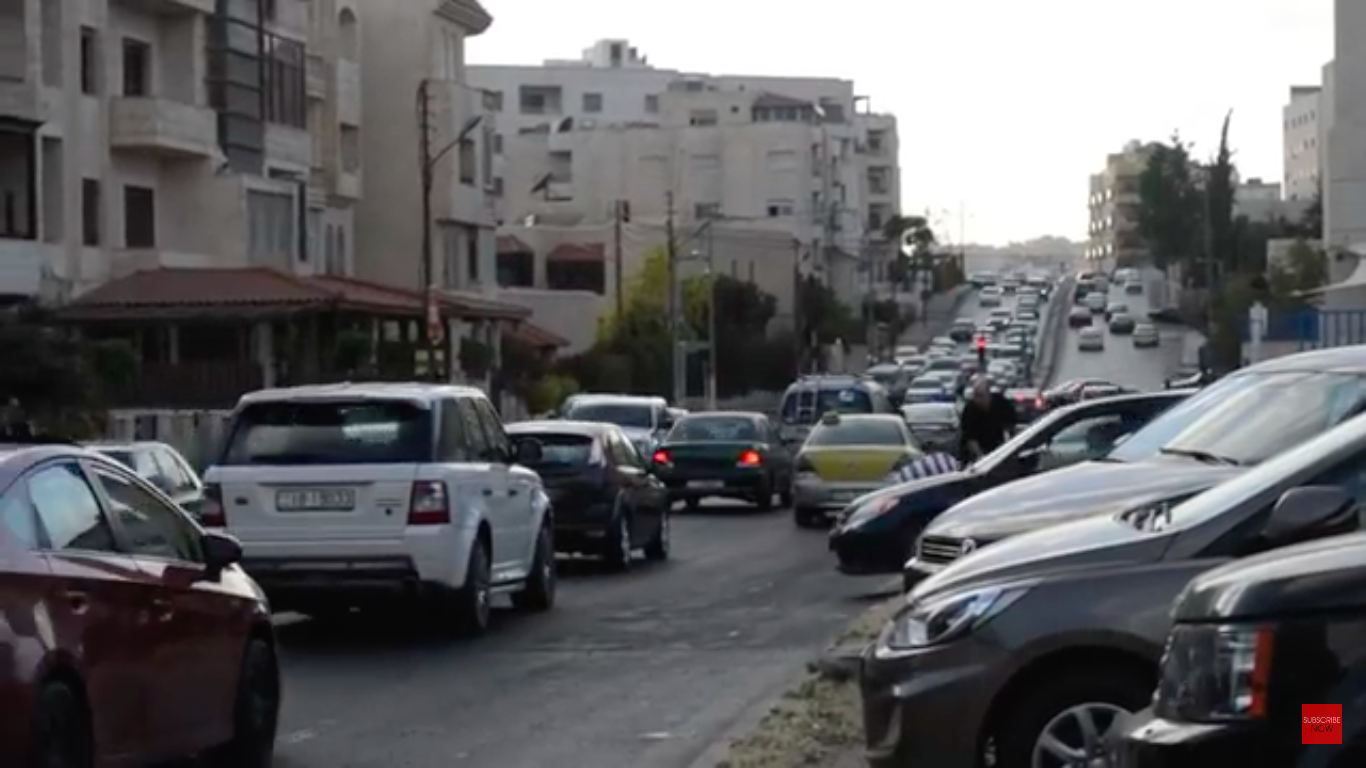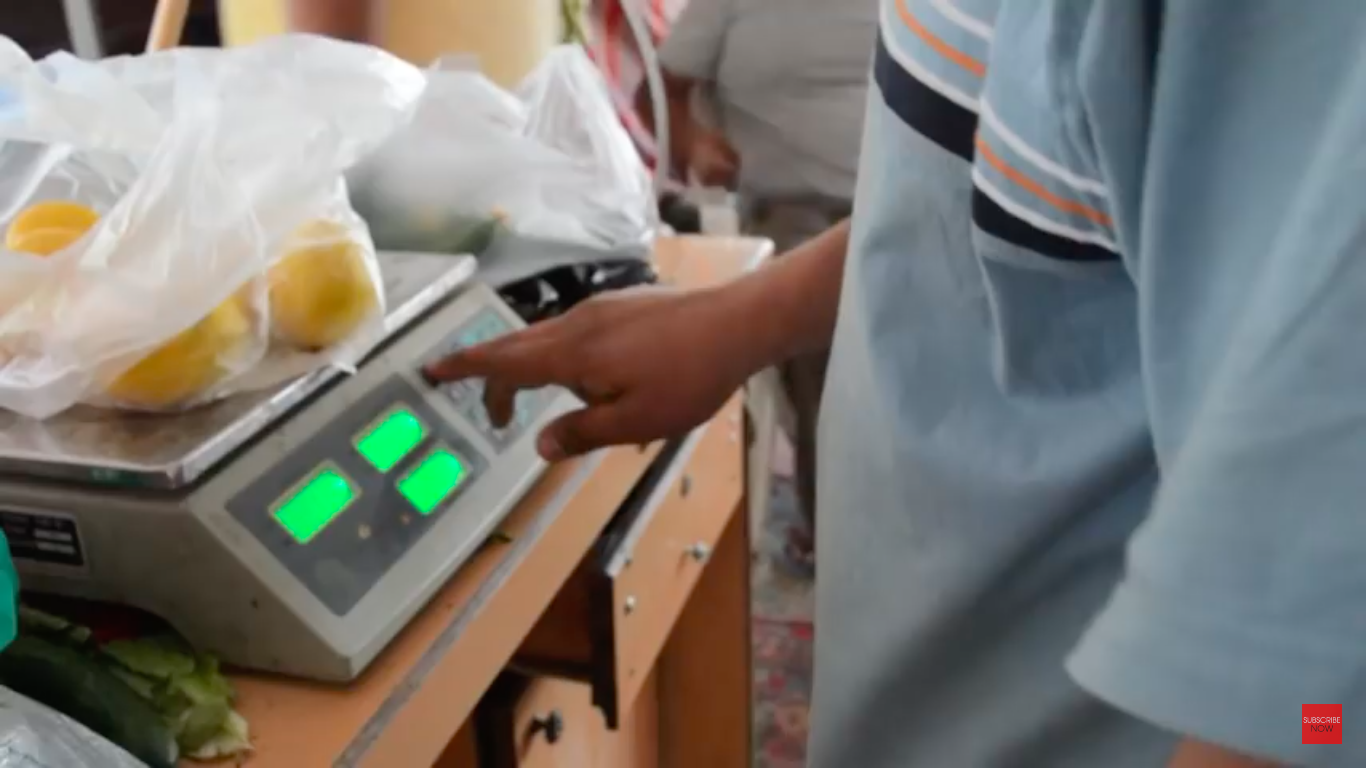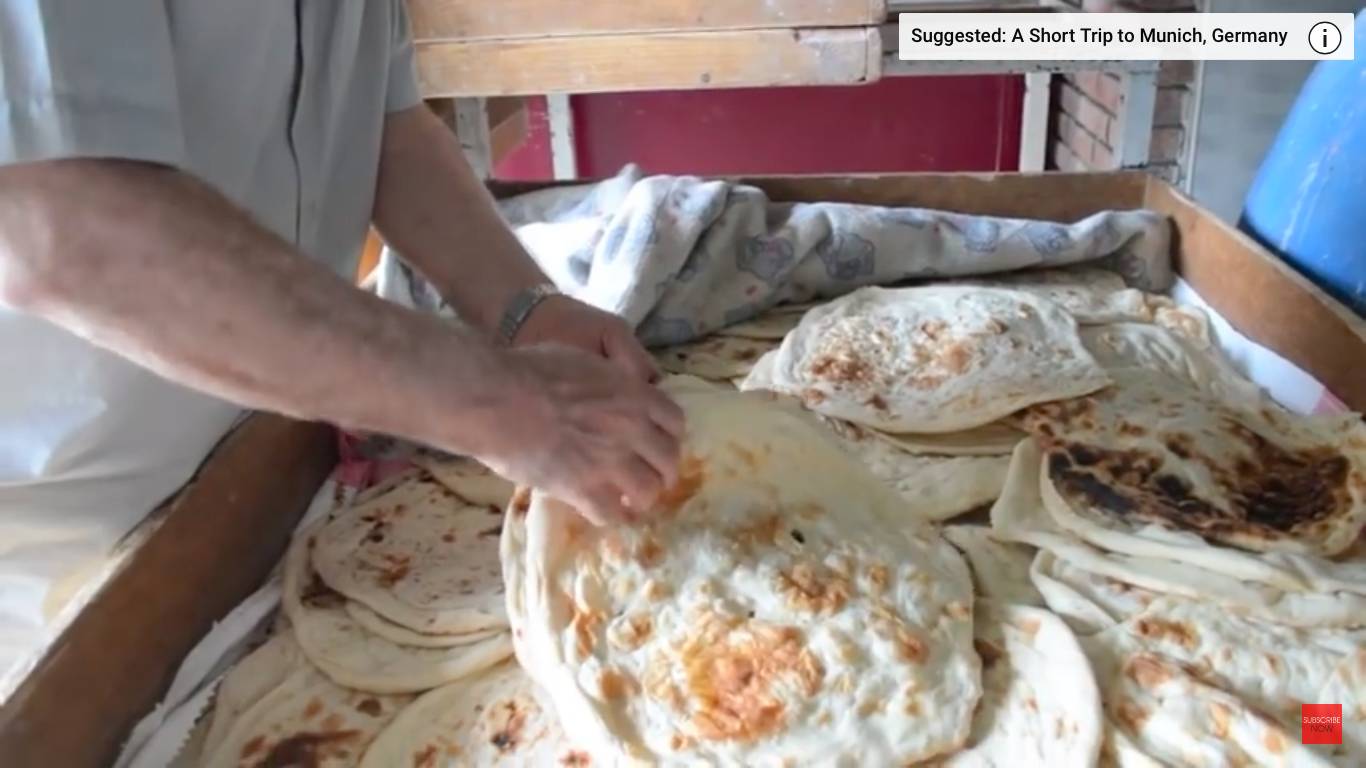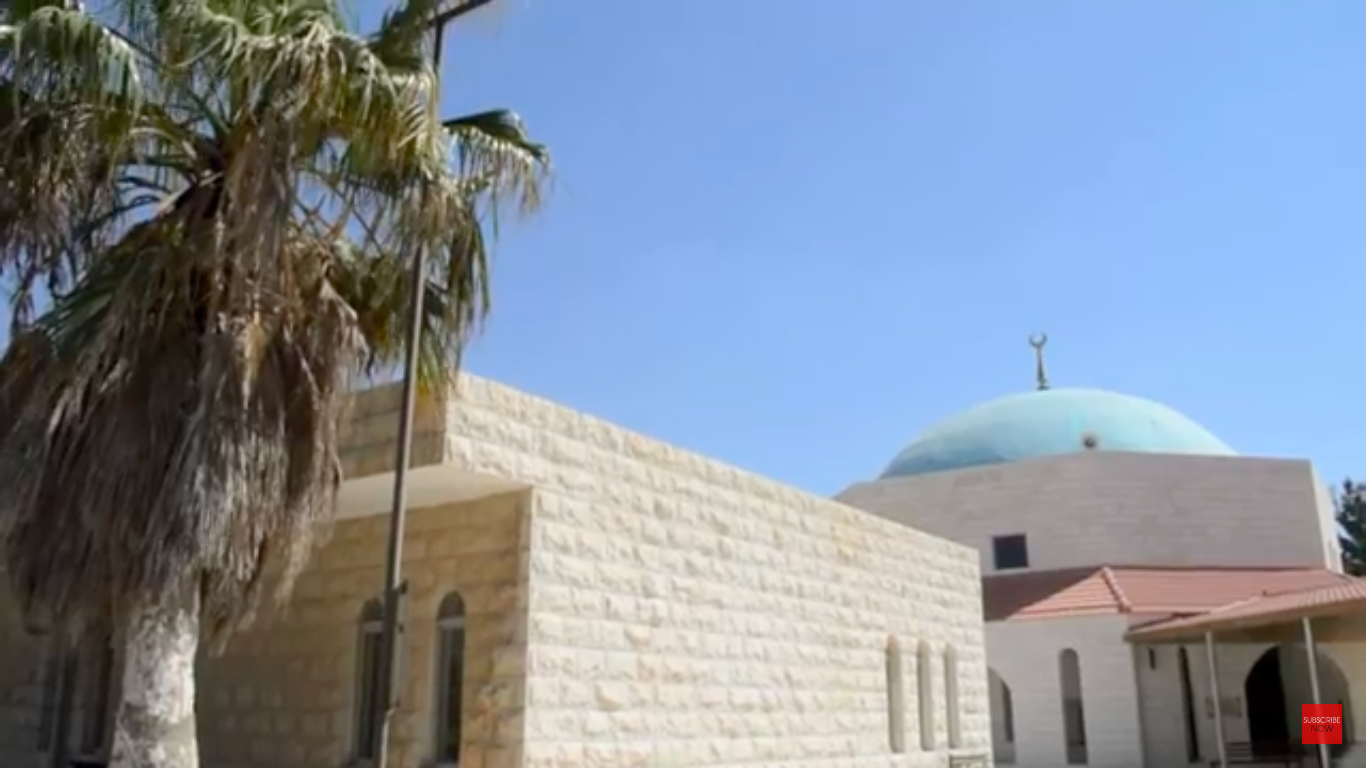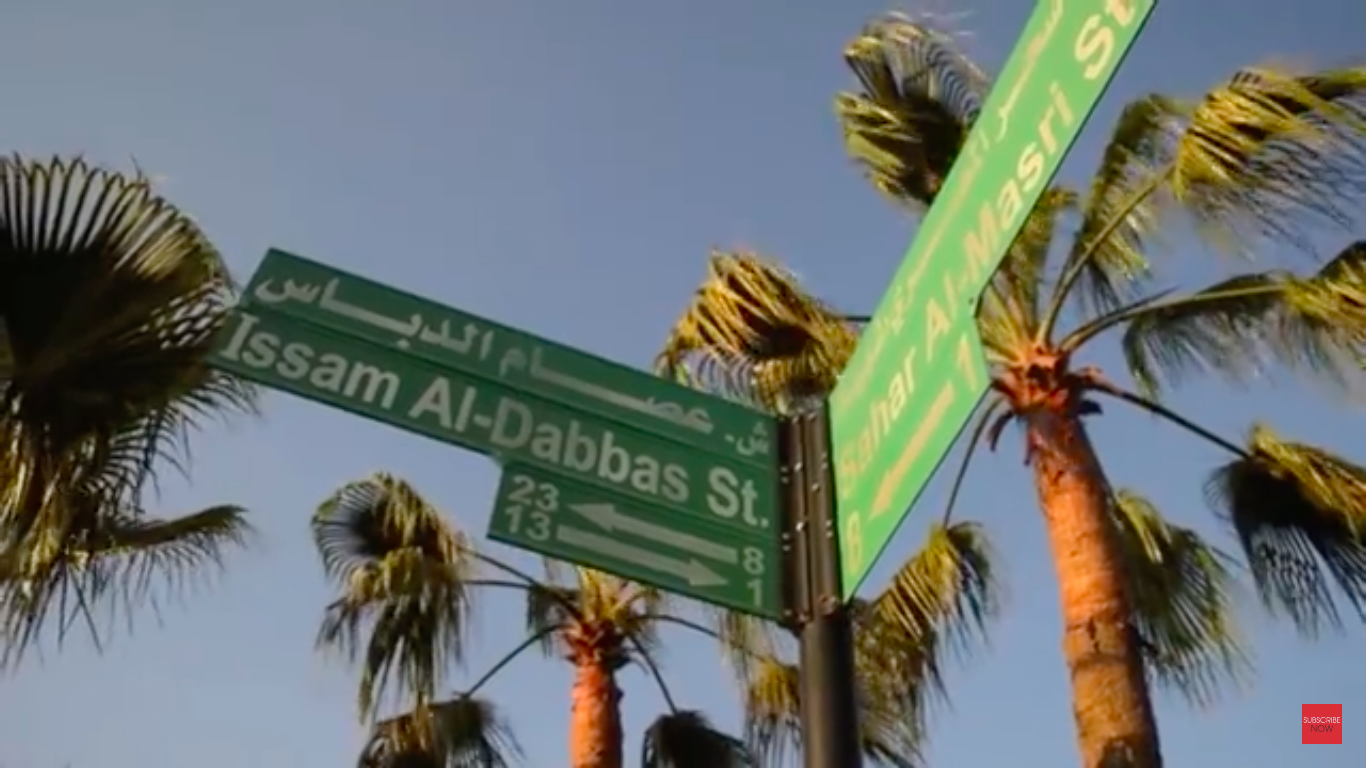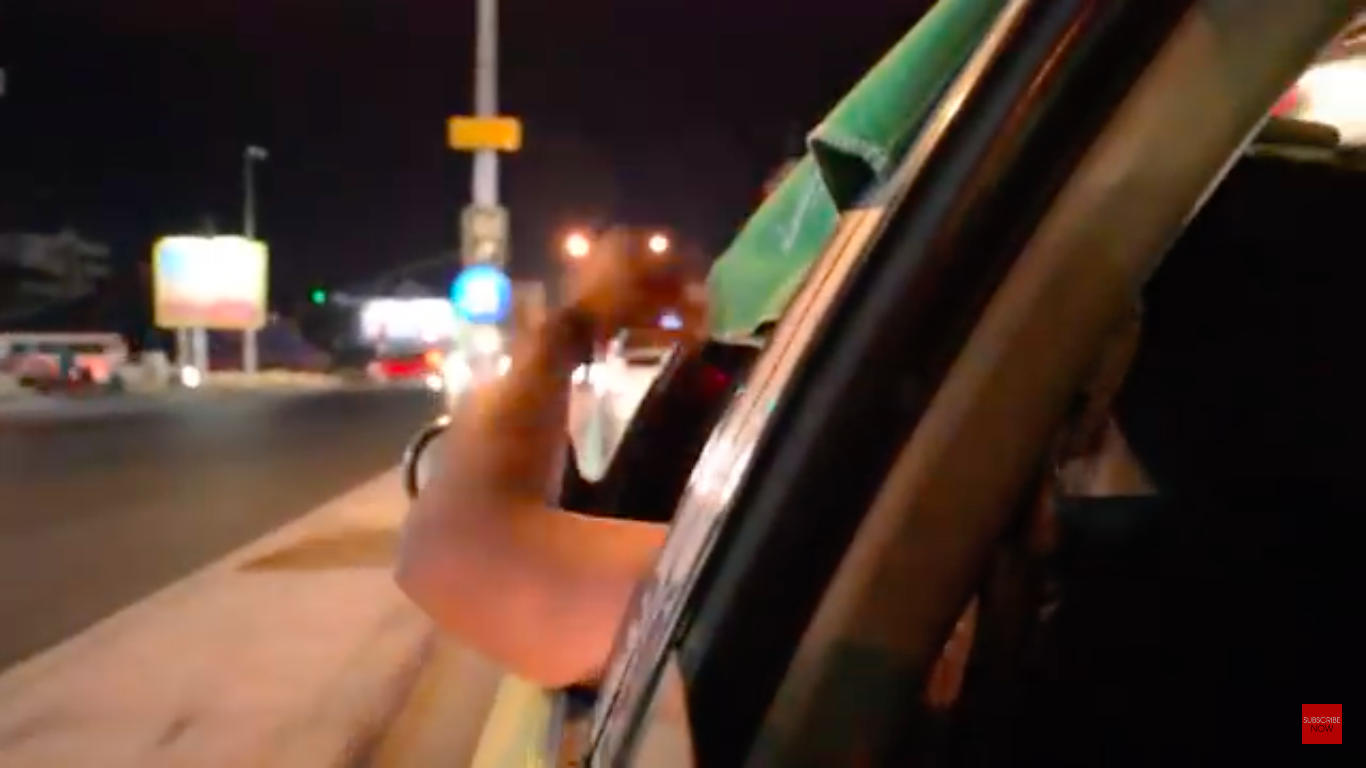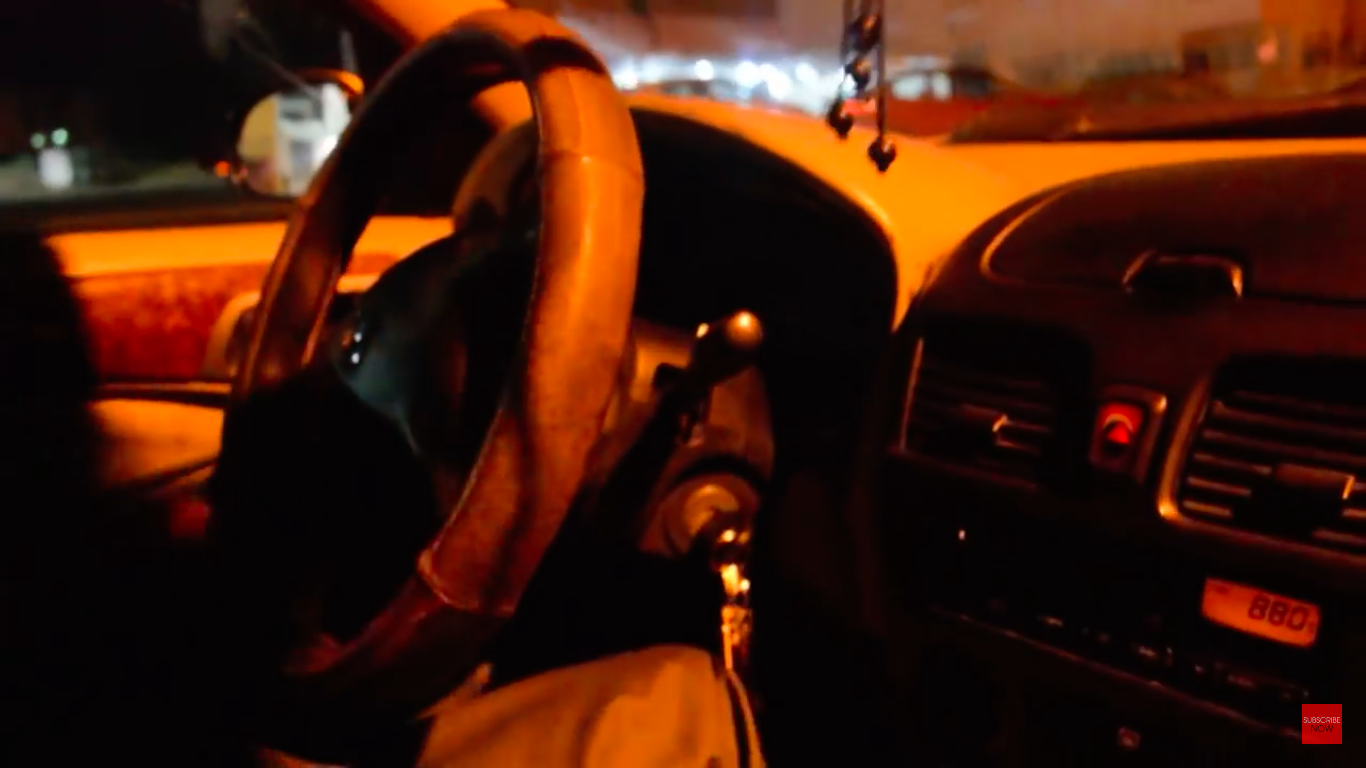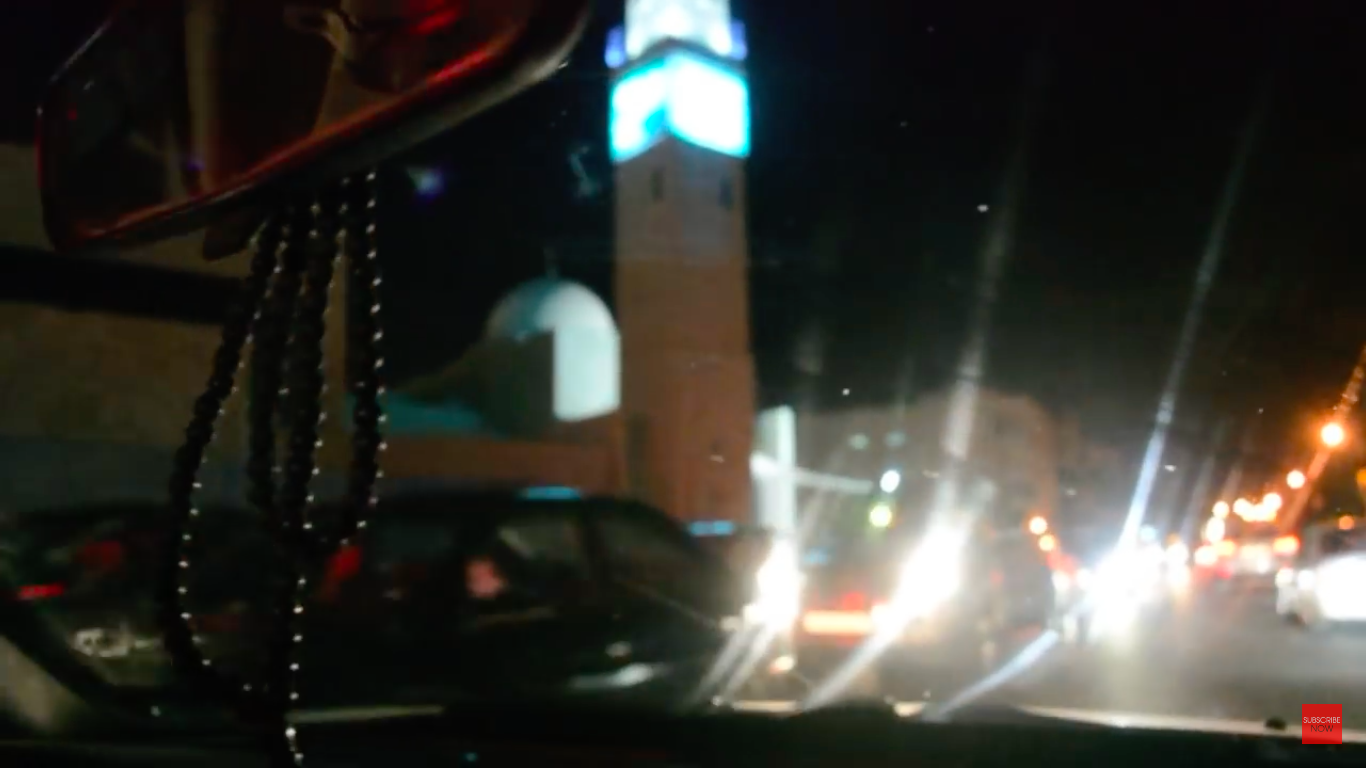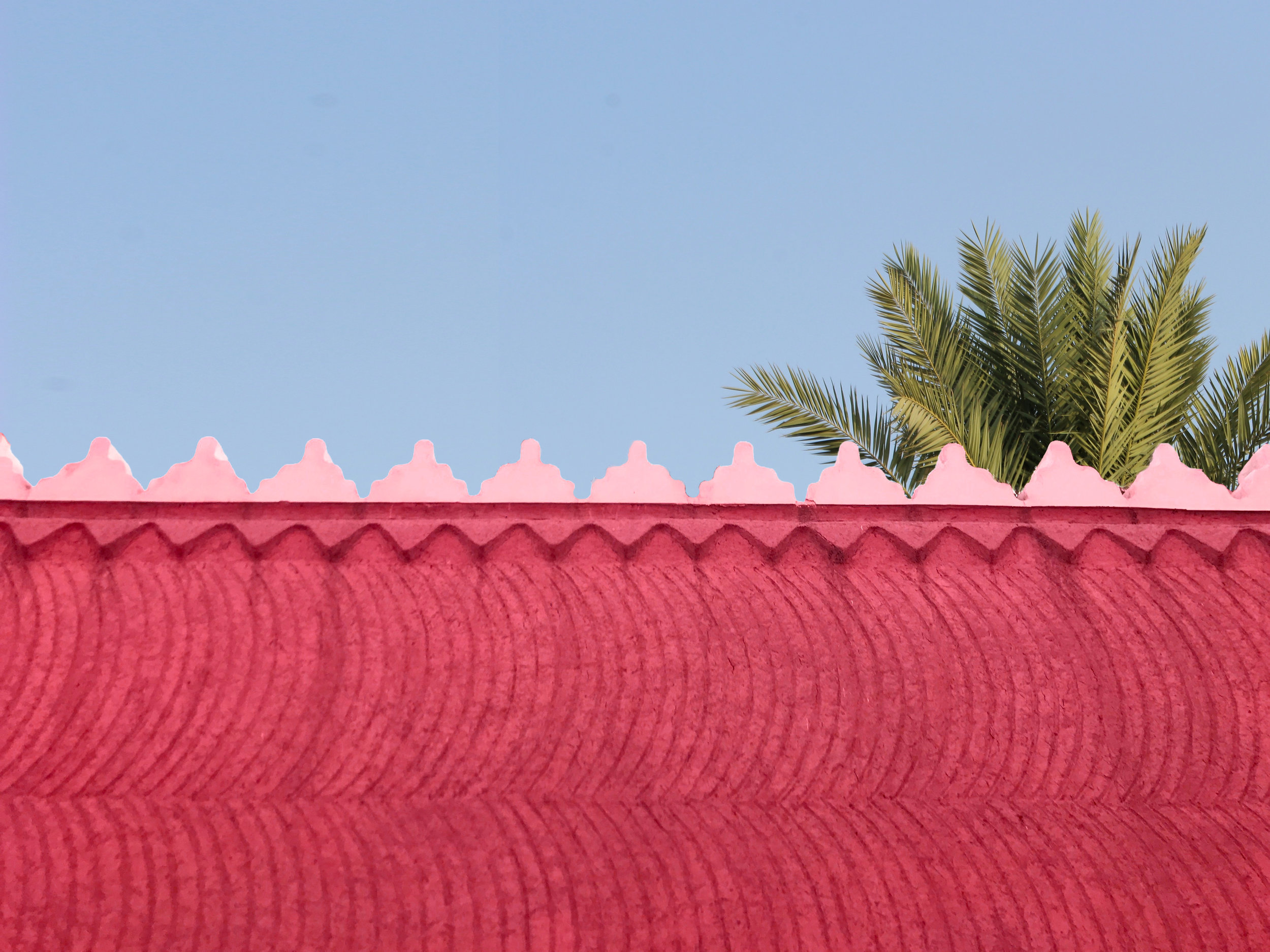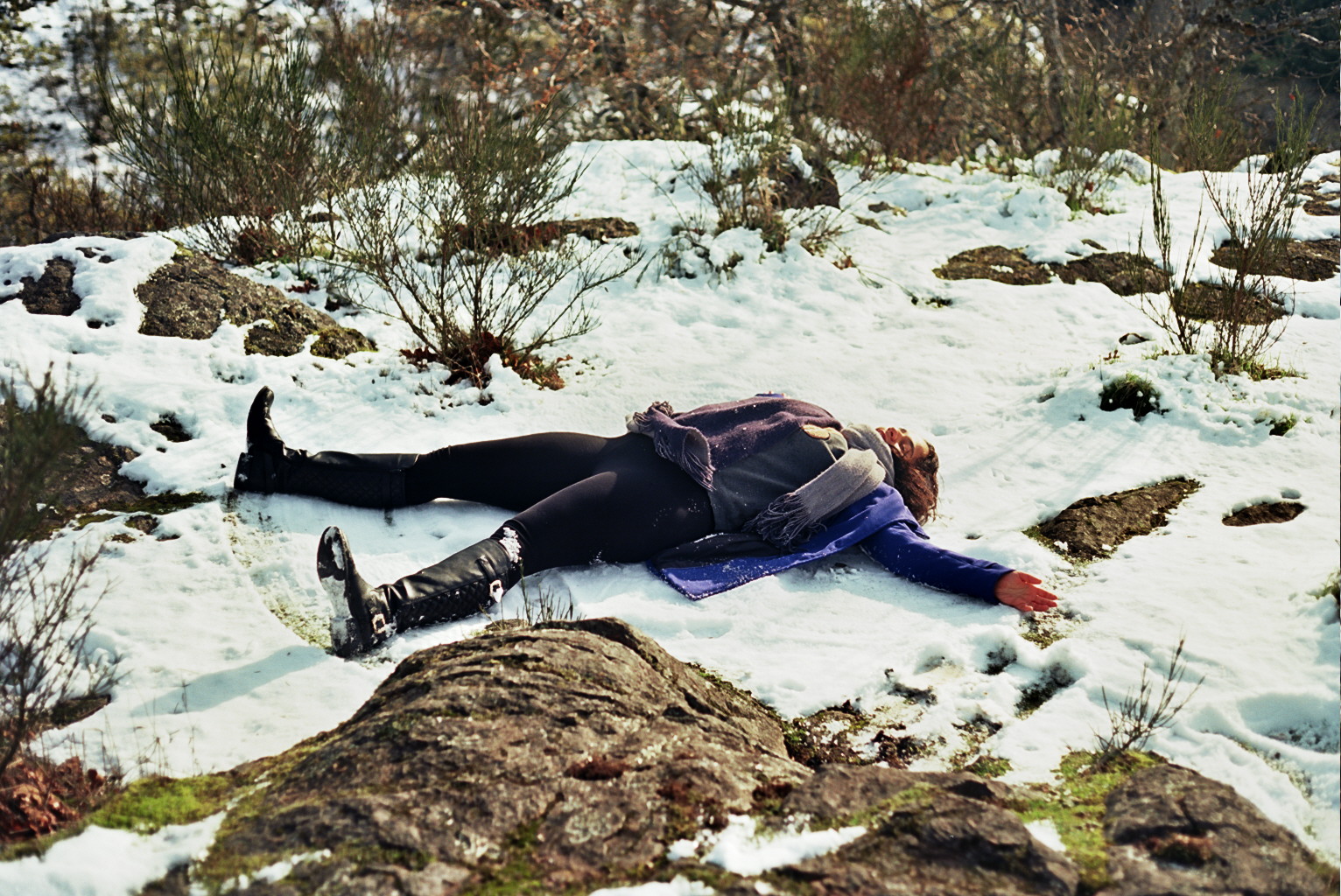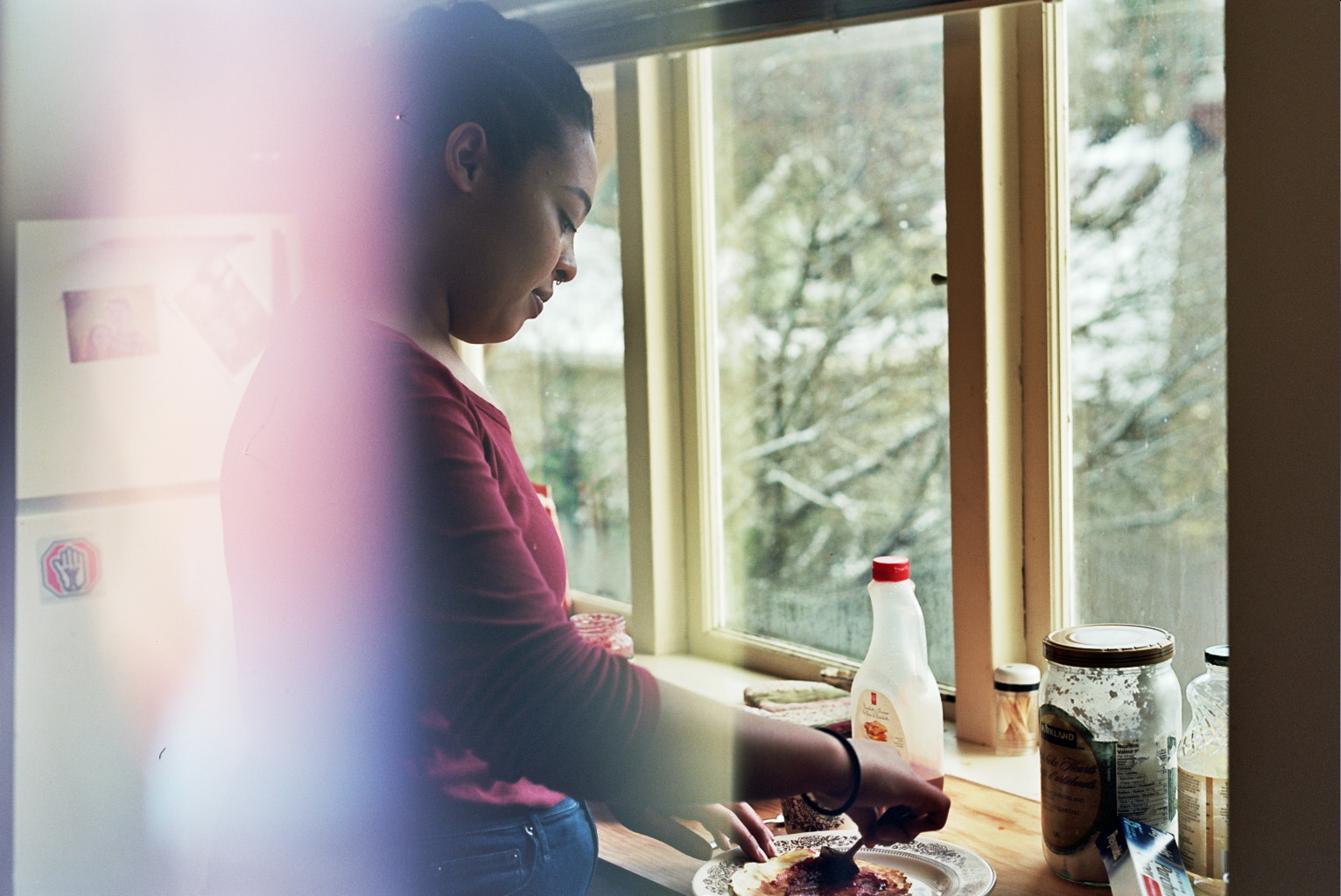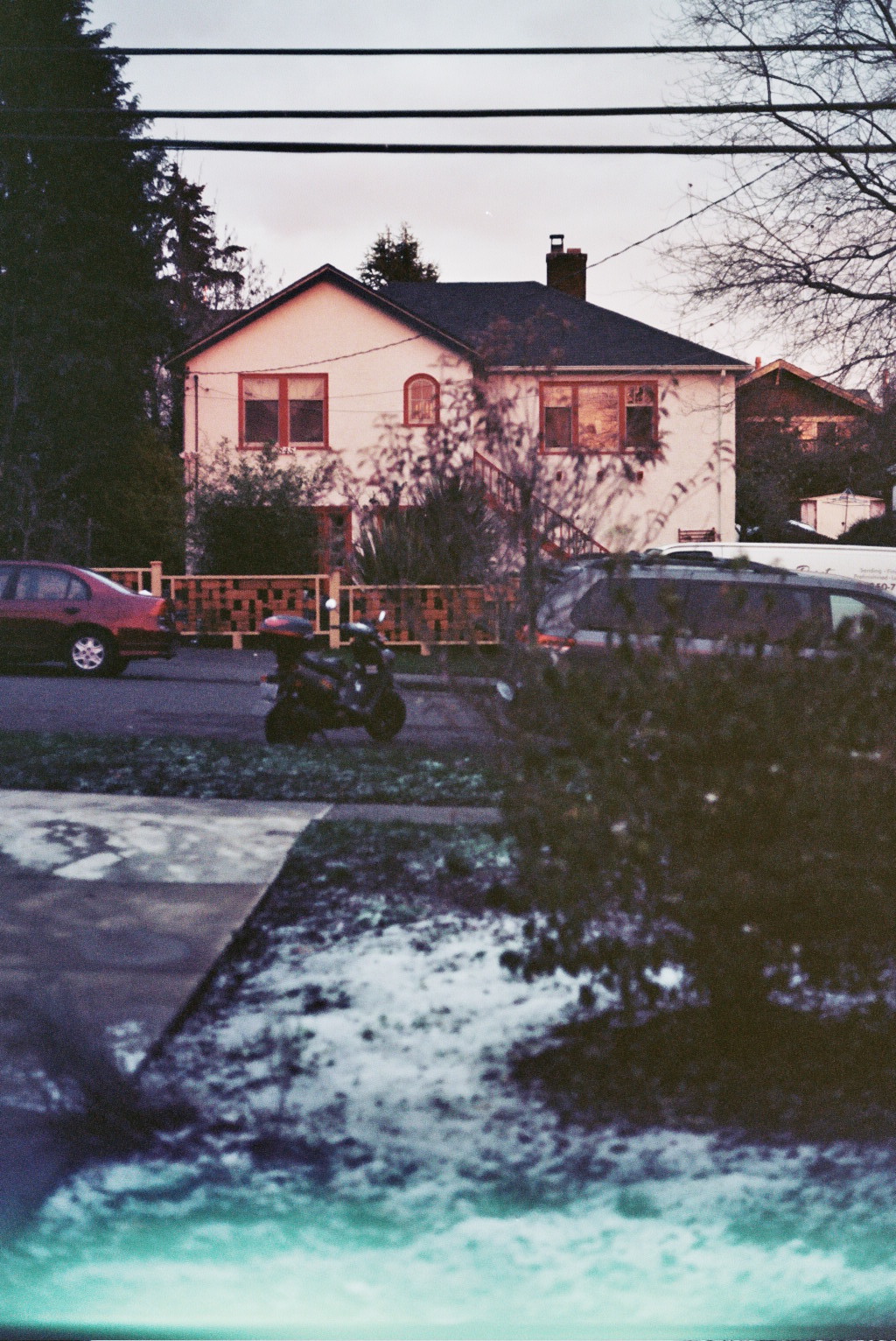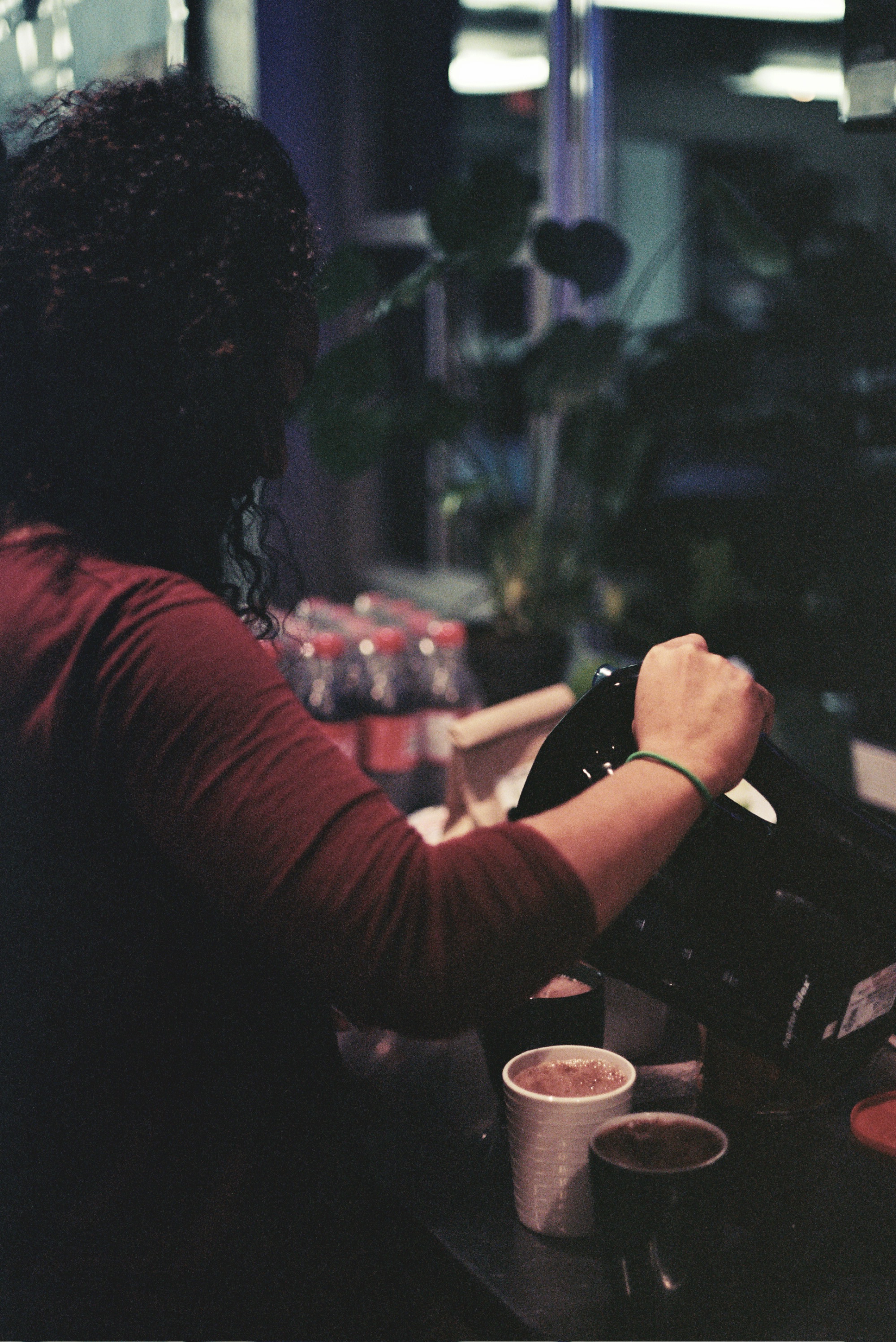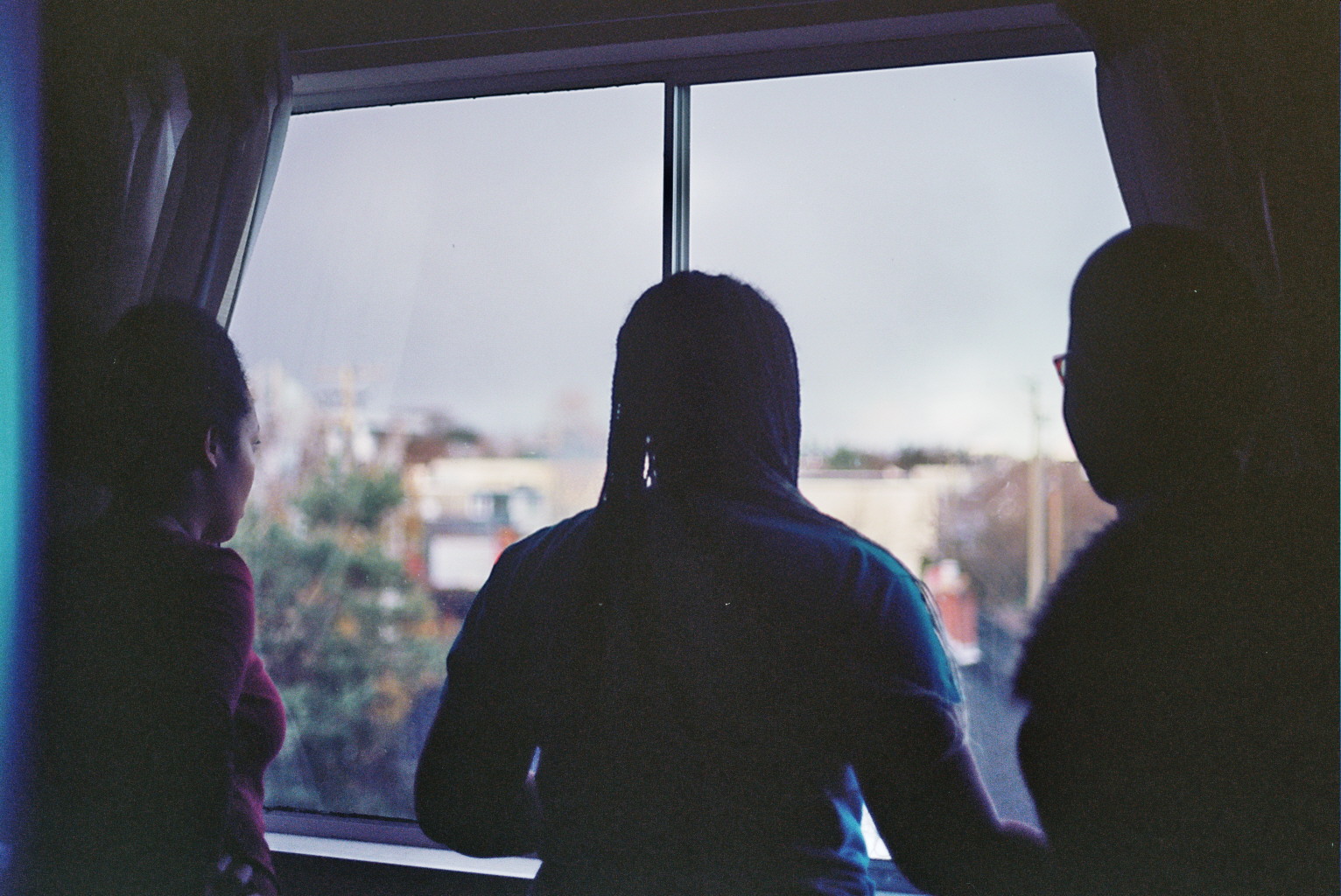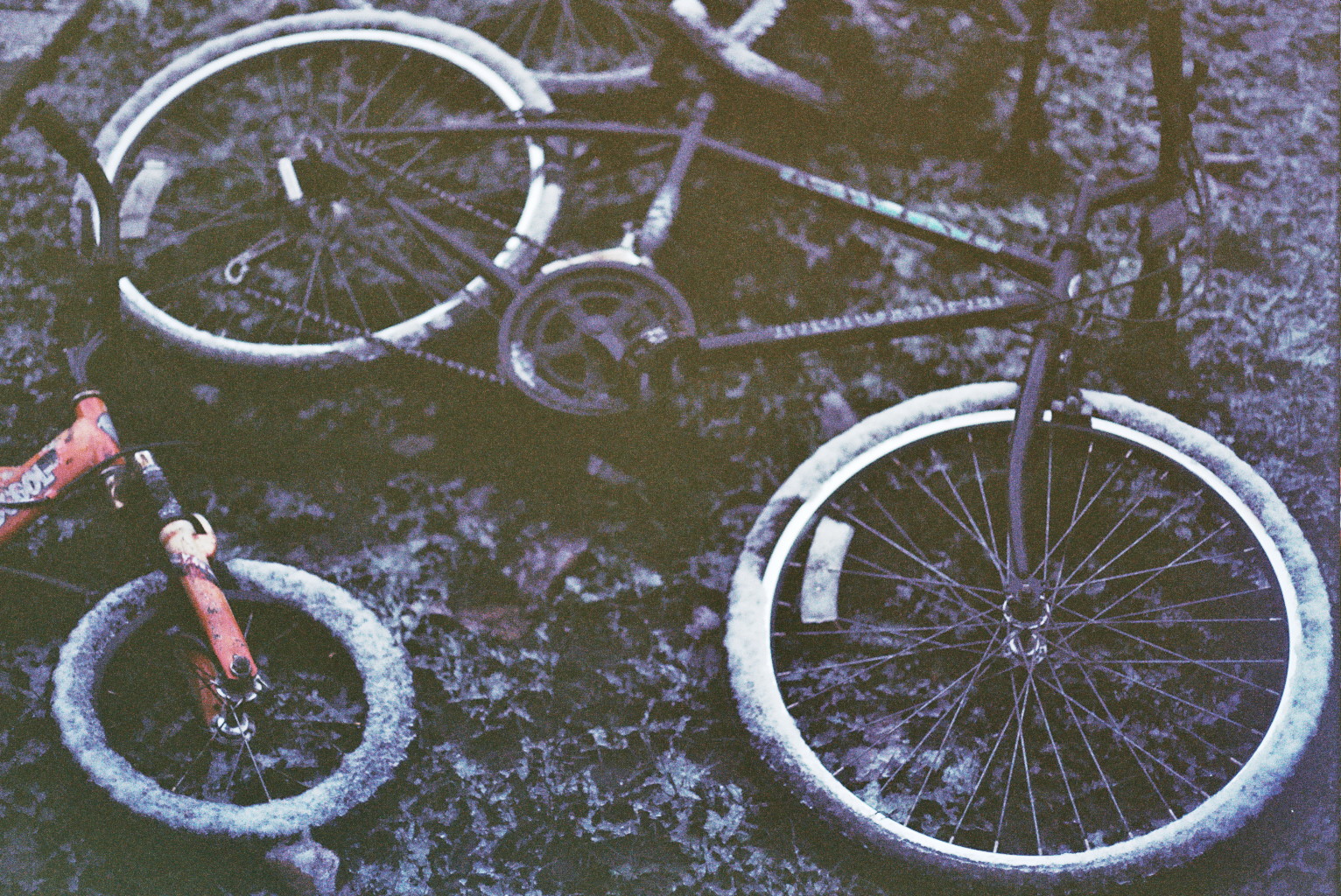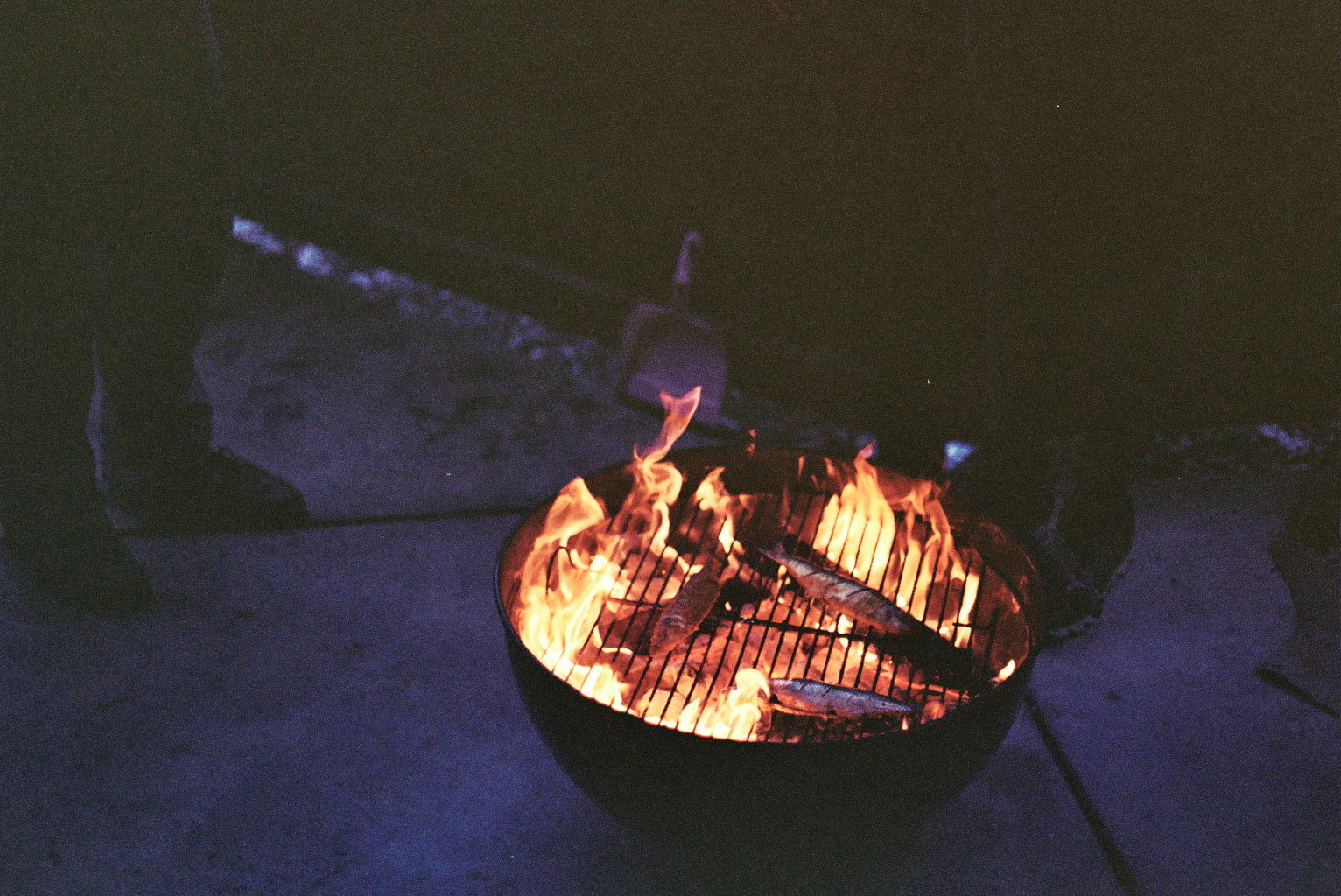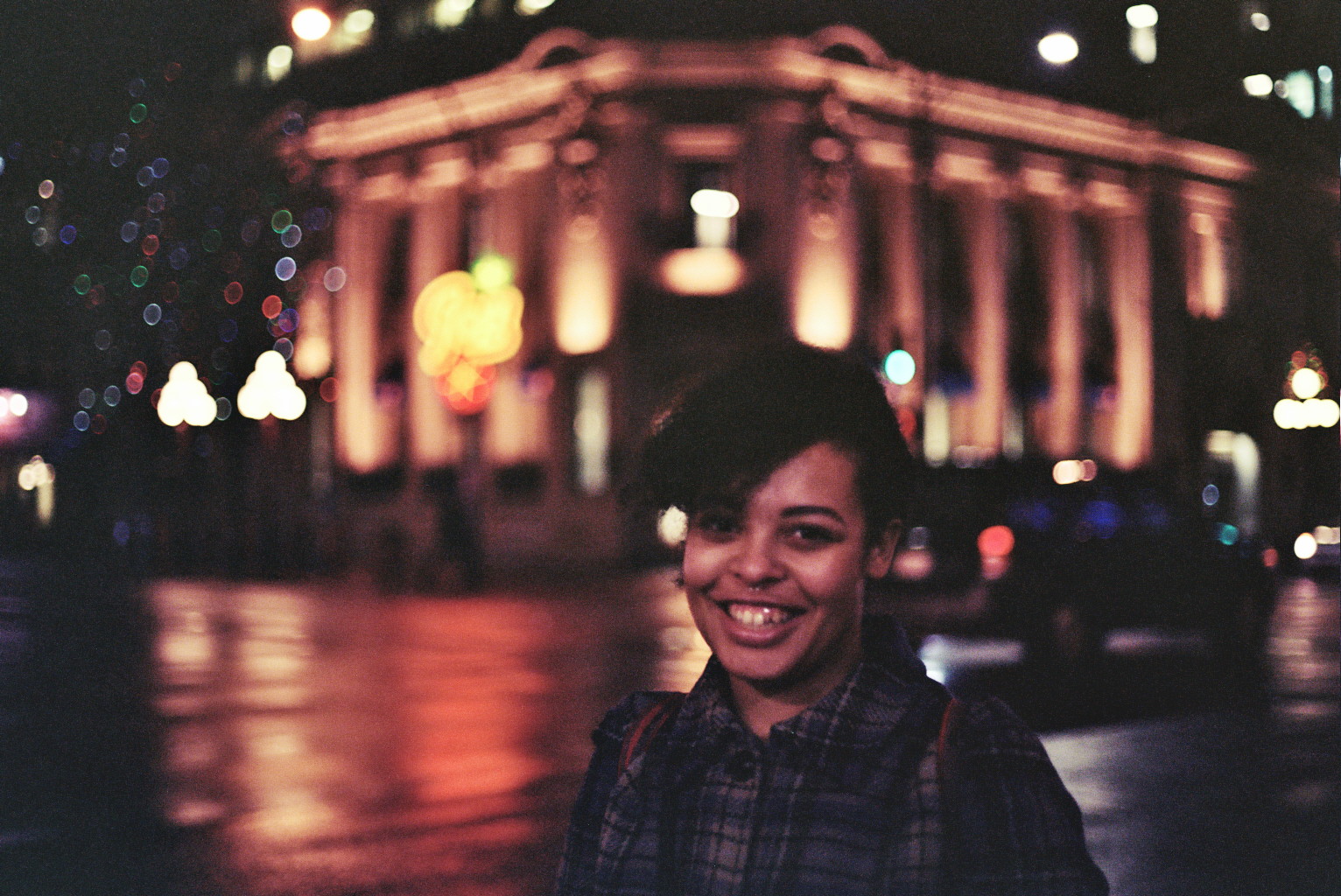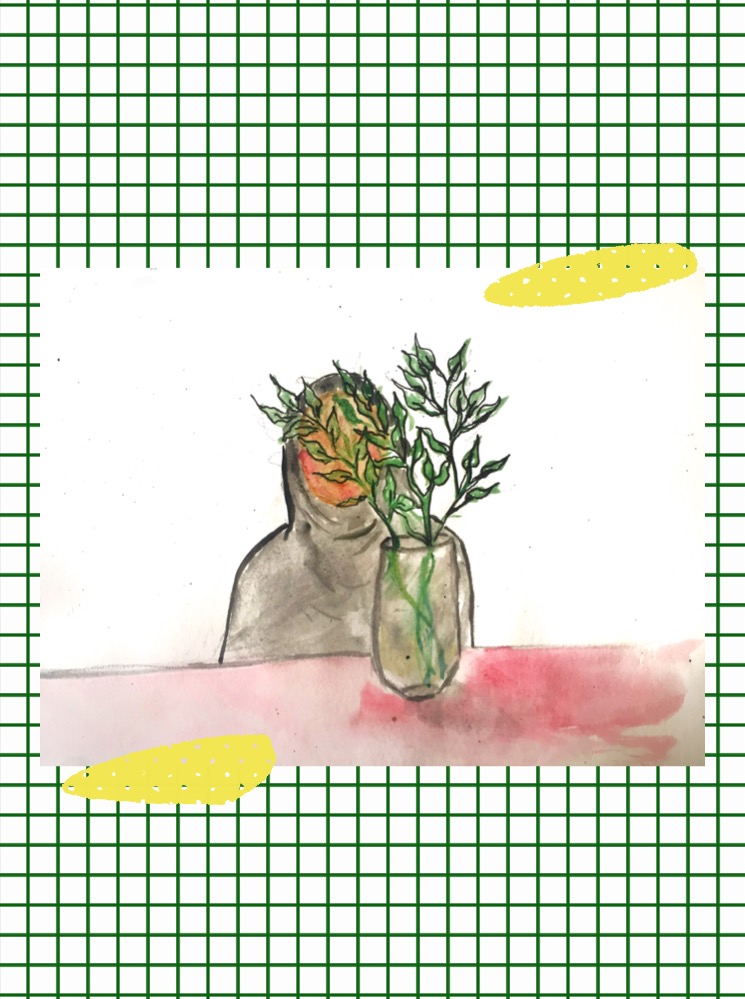DISPLACED BY WAR, RESTORED BY FOOD
Displaced By War, Restored By Food' is a documentary that spotlights three people from different upbringings, with their own unique story to tell. Yet all three share the mutual experience of being displaced from their home countries by war and occupation as well as holding a mutual love and passion for food. I explore the interesting merge of the two contrasting emotions that both food and war brings to people, seeking to answer the question: how can food keep culture alive for those who have lost their homes to war?
______
AUDIO:
MALAK OBAIDI
UNITED KINGDOM/
UNITED ARAB EMIRATES
LIFE IN AMMAN, JORDAN
______
VIDEO:
MALAK OBAIDI
UNITED KINGDOM/
UNITED ARAB EMIRATES
INSIDE MYSELF, THERE I LIVED
Her walls were incredibly fragile a whisper of breeze could blow it down, her roof was built with an authentic material and was too high to reach with a ladder, a chandelier of a thousand twinkling diamonds dangled from above, shining off with her beauty. Her door was smoothly painted in the lightest shade there could ever exist of pure, spotless white.
She had a bell fixed, so every time someone enters her life it rings so extravagantly, echoing through every part of her being, shaking her gently, and nudging her continually until she chooses to reach for the knob and open the door or let it remain unanswered.
She made her own choices, you see, and for every time she does, something in her changes. Like that time the almost dead fireplace that never burned suddenly lit with fire, spreading warmth through her heart. And the other time when the window curtains were drawn back, allowing her light to spill inside, nurturing her soul with its brilliance. And that moment, when one candle suddenly lit up, causing a million ones to light up after it, filling her mind with bright dreamy light.
She was Me.
It was the last thing I would think about, my last option. It took me all this time to realize that I was home to myself, with walls and windows and doors and life. When I did, I turned around, at the whole world, and took the gentle steps, walking back into myself and falling into my own tight embrace.
Home was in there, all along. Wherever I went, whomever I met, whatever I did.
If I rest my head, my hands are there to lift it.
If I opened my mouth to utter a single word, my ear would be the first to hear it.
No expectations or demand or advice that I should meet, I was heavily selfishly mine.
And that is what I call safe, because I can be my own tragedy, my own mess of flaws and talent and thought.
I am my own pillow, my own blanket, and my own night dream and morning alarm.
I am my own appearance, my own escapade.
I respond only to my call.
------
TEXT:
SHAMSA HASHER AL MAKTOUM
UNITED ARAB EMIRATES
ART:
ABEER AL SHAYE
SAUDI ARABIA
ESCAPE ROUTE
------
VISUAL:
BAYAN ABDULLATEEF
SAUDI ARABIA
SOUND DISTORTION
------
ART: RADWA
RIYADH SATURATED
I WAS TOO BUSY KEEPING WARM TO STAY ANGRY
I was waiting for the bus one day when a flock of pigeons flew over a boy's head as he rode his bike. He bent down. I smiled. We made eye contact. He smiled back at me. Simple things such as that moment make me feel content.
Here's to contentment.
------
PHOTOGRAPHY: MANAR
WOMEN WHO GREW ALONG
Women grow out of their insecurities and imperfections, no matter what the conditions.
Women will bloom and flourish with the support of their own roots first, then with the support of each other.
------
ART: ECLECTIC YEMENI
BEARD
Caught in the Middle, by Hussein Hisham Aljabi
I only started growing a beard because my face was thinning. My friends, uncles and aunts, and most incessantly, my mother, had been worrying about me. You look so thin, habeebi, they would say. Have you been dieting? Are you in love? Well, I might be, I would answer. But it’s none of your business. What they didn’t know, those fools, my mother (bless her) being the greatest of them, was that I had started smoking again.
On the night of my departure, I packed my 12-pack Marlboro Reds into my suitcase, tickled my mother’s cheek with my beard as I kissed her goodbye, and left to Queen Alia’s International Airport. She told me not to worry, that she’ll always love me, that she’ll wail for the first two months, and that she’ll eventually get over it. I told her I’d appreciate it if she reduced the wailing period to thirty days. She nodded and kissed me back.
Over there, I was greeted by the smiles of fellow Jordanians who wished nothing more for me than the best of luck, and to return with a heart for change. I got on the plane, which, although was playing a crackling instrumental of our national anthem, looked cozy. The woman I sat next to, a middle aged American or European, smiled at me and nodded, and I smiled back and nodded too. Her eyes burned a hole into my beard— so big a hole I could smell my hair burning. But I didn’t really mind. It was a big, brown bush of hair. I would’ve stared at it too, if I were seated next to me.
I had never understood why airplanes, which supposedly fly at a cruising speed of about 900 kilometers per hour, took so long. Twelve hours. Twelve, long, nauseating hours, it took me to finally reach American land. By then, my beard was a clump of ashes, all thanks to Mrs. Fugard, who turned out to be South African, after all. I nodded a goodbye to her as I approached gate 62, she pretended not to see. I didn’t mind that either.
It took me around two or three minutes to reach security. Thankfully, the line was short, and I only had to wait around thirty minutes to reach the round, freckled man who, in his POLICE attire, looked like a badass santa. I appreciated the way he smiled at everyone, possibly stood there analyzing every one of his smiles (the way the left side of his mouth poked when it was a woman he was talking to or the way his eyes wrinkled when he was talking with a child) until my phone buzzed in my pocket and I got distracted by it. Another three minutes passed, and as I was flicking through the photos my mother had sent me of the dinner she’d cooked, I heard the man say, “Next.”
“Hi,” I said and smiled.
He didn’t smile back. “Where are you coming from?”
“I just got off a 12 hour flight from Amman. Tired as hell!” I laughed.
He eyed the security guard who was situated in the glass box right next to us.
I, all of a sudden, was in horror up to my elbows.
“What is the nature of your visit?” He asked.
“I am enrolled—I go to school here.”
“Your passport.”
“Ah, yes. Yes, right here,” I almost dropped everything as I rummaged through my backpack in search for my passport. I could feel my cheeks burning, the very tips of my fingers lubricating. A whiff of my own sweat seared the inside of my nostrils (which I assumed was the result of the twelve hour flight), and I knew that everyone was watching me. What truly petrified me was when I saw three security guards approaching our glass box. A few seconds before they arrived, I finally snatched my passport out and placed it on the counter in front of me. They didn’t stop.
“Step aside please. Put your bag down,” one of them, the taller one, said.
My eyes stung with tears. This really was happening.
“We need you to come with us.”
I couldn’t find my words.
“Sir, drop your bag, and come with us.” His voice was louder.
I was shaken, my feet glued in place. “Okay,” I squeaked, and what an ugly thing that was for a man to do, my grandfather would’ve probably said if he were there.
One of the men grabbed my arm, and twisted it behind my back. I knew he wasn’t trying to hurt me, only to get me to walk with him, but he was hard-muscled and I wasn’t.
It was when I started walking with them, as the eyes of every man and woman and child I passed ate at my flesh, that I lost all control. I was crying like a mourner, cursing myself for not replying to what my mother had sent me and worrying that I would not get the chance to after this. I knew, also, that if I were to move an inch of my body, I would be pinned to the ground in less than a second and throttled to death by the chunky knee of that security guard. So I just walked, floated even—behaved so that Mr. Bearded-So-Automatically-Terrorist would come out of this alive.
------
TEXT: NATASCHA TAHABSEM
ART: HUSSEIN HISHAM ALJABI
